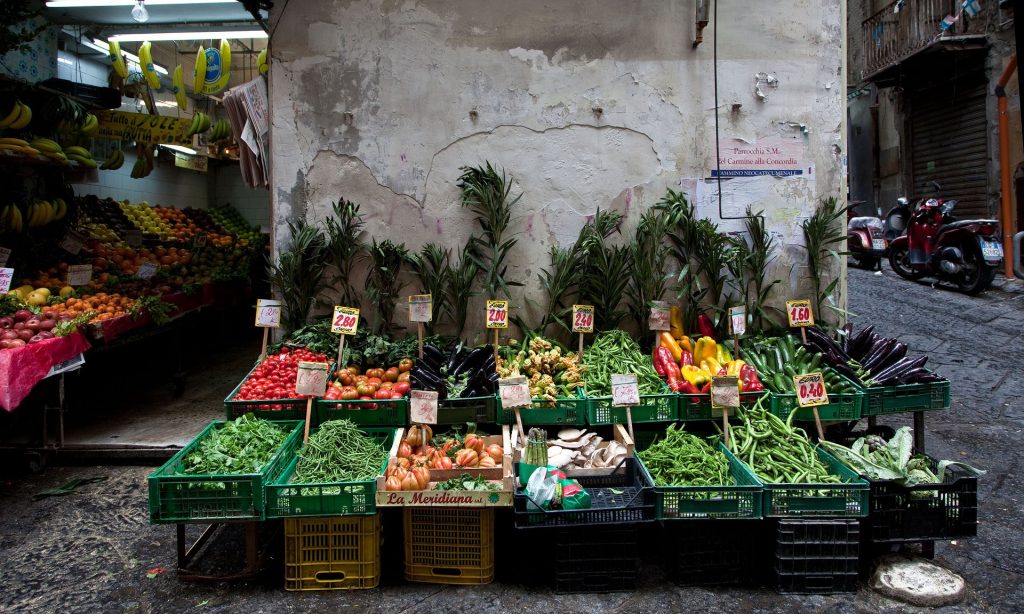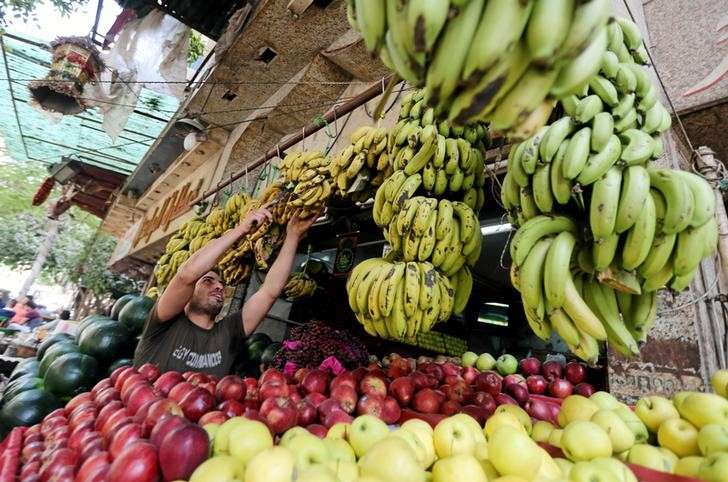Algeria has temporarily banned the import of 900 products including cell phones, household appliances and vegetables in a bid to cut a ballooning import bill following a fall in energy earnings, according to an official document seen by Reuters.
The OPEC member has been trying to cut spending since crude oil prices started falling in mid-2014. It relies on oil and gas for 60 percent of the state budget but earnings from the sector have halved since oil prices collapsed.
The import ban, which took effect on Sunday, also applies to furniture, all vegetables except garlic, some meats and fruits, cheeses, chocolates, pastries, pasta, juice, bottled waters and some building materials. It replaces an import licence system introduced two years ago.
“The import suspension of those products is limited in time, and will be lifted gradually with or without maintaining or increasing taxes and other duties,” the document, drawn up by the trade ministry, said. The document’s authenticity was confirmed by an official.
The license system, whereby importers had to apply for a licence to buy from overseas, had shown its limits, a senior official at the trade ministry said.
Entrepreneurs had dismissed the rules as too bureaucratic, leading to supply problems as well as higher prices for some products.
The value of Algeria’s imports fell only 2.1 percent in the first 11 months of 2017 from a year earlier to $42.8 billion, according to official figures.
Under the new ban, the government hopes the import bill will fall to $30 billion this year from a projected $45 billion for all of 2017 and $46.7 billion the previous year.
Oil and gas account for about 95 percent of Algeria’s exports as the government struggles to boost the non-energy sector. While the oil price has recently rebounded, it is still below $70 a barrel. Algerian officials have said it needs to be above $70 to help balance the budget.
To help cut the bill the government raised taxes and customs duties by 30 percent on some of those products from Jan.1 as part of measures aimed at securing new funding sources for the economy and reforming a subsidy system that covers almost everything.
Reporting by Hamid Ould Ahmed; Editing by Ulf Laessing and Susan Fenton


